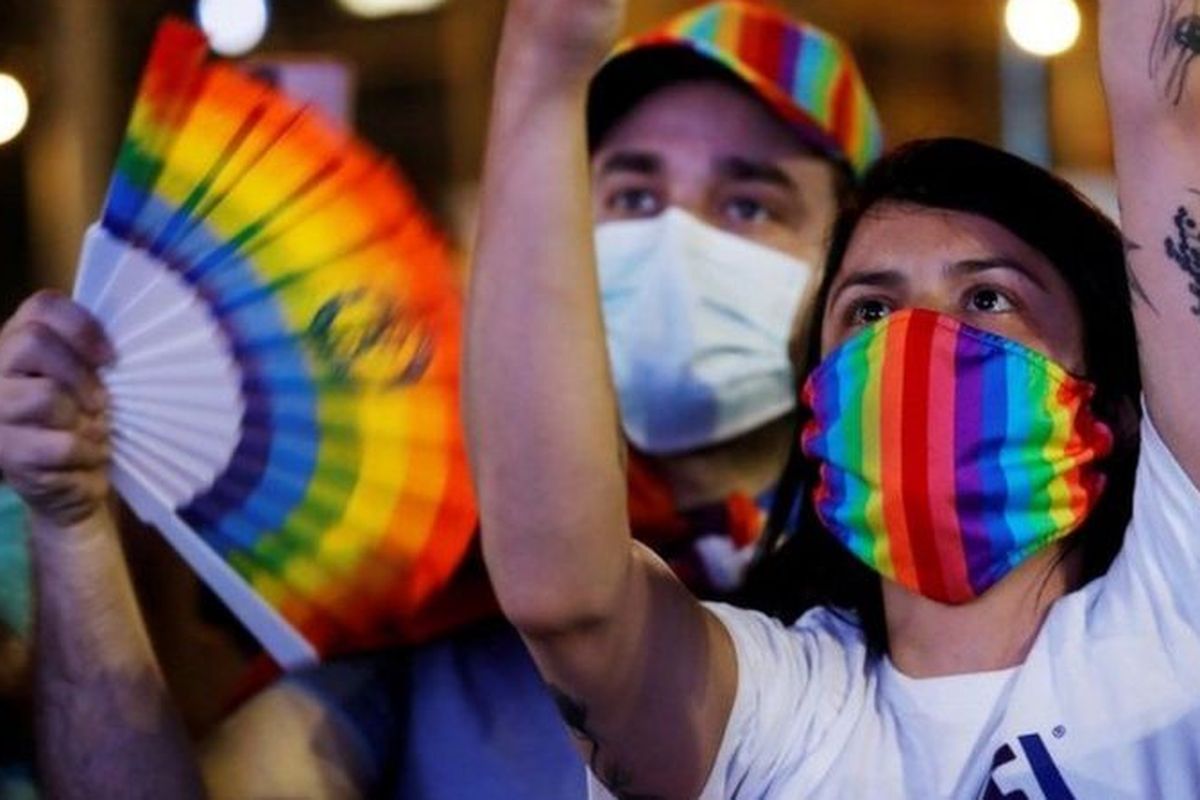Sexual, Gender Minorities Four Times as Likely to be Victims of Violent Crimes

PHOENIX, KOMPAS.com - A recent study found that people who are LGBTQ or gender non-conforming are nearly four times as likely to be victims of violent crimes than those outside such communities.
The findings come from the first study of its kind that indicates how being gay, lesbian, bisexual, transgender, queer, or gender non-conforming places an individual at a higher risk of being victims of violent crimes.
Although other research has long shown that LGBTQ people and gender minorities are disproportionately affected by crime, the study published in Science Advances, a multidisciplinary journal, on Friday looked at data that has only been collected since 2016, making for the first comprehensive and national study to examine the issue.
Read also: Prominent Figures and Academics Defend LGBT Rights in Poland
It found that members of such communities referred to as sexual and gender minorities, experienced a rate of 71.1 violent victimizations per 1,000 persons a year, compared with 19.2 per 1,000 a year among non-sexual and gender minorities.
But it was the fact that sexual and gender minorities are victims of violent crimes at such disparate rates — and who they're victimized by — that surprised researchers, said lead author Andrew R. Flores, an assistant professor at American University.
For example, researchers found that such a population is much more likely to be victimized by someone they know well than a person who is a non-sexual and gender minority.
The fact that sexual and gender minorities are victimized by people close to them at such higher rates “does kind of raise questions hopefully future research can address about the nature of these incidents and the nature of these relationships”, Flores said.
“There are certain socializations that goes in that. I think many people are socialized and have a certain disdain for trans and queer people,” said Tori Cooper of the Human Rights Campaign, a national organization that advocates for the LGBTQ community.
Read also: Poland’s LGBT Members are Emigrating as Post-Election Mood Grows Hostile
Cooper is the Director of Community Engagement for the organization’s Transgender Justice Initiative.
A survey of more than 12,000 LGBTQ teens around the country released in 2018 by the Human Rights Campaign found that 67 percent report they've heard family members make negative comments about LGBTQ people.
Cooper said transgender people are particularly vulnerable, especially by partners or people close to them.
The HRC has documented the killings of at least 30 transgender or non-gender conforming people in 2020 alone. The majority were Black and Latina transgender women.
Read also: The Netherlands to Penalize Groups Silent on Reporting Sexual Abuse


































